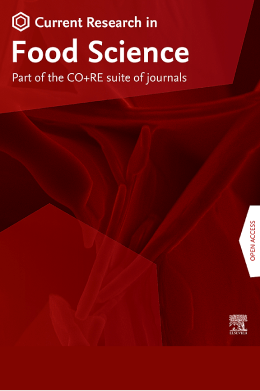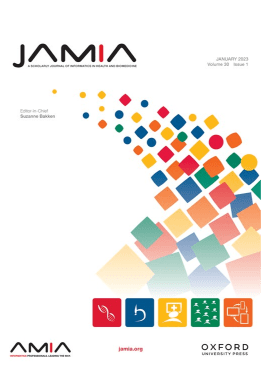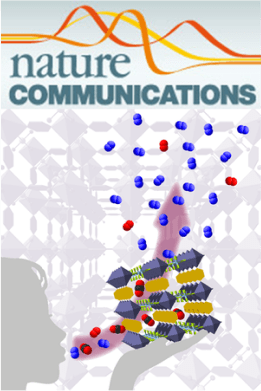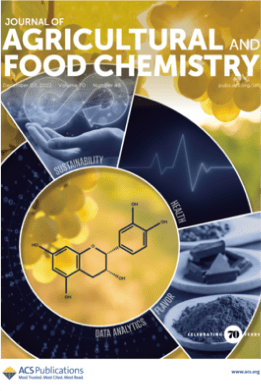The information on nutritional profile of cooked foods is important to both food manufacturers and consumers, and a major challenge to obtaining precise information is the inherent variation in composition across biological samples of any given raw ingredient. The ideal solution would address precision and generability, but the current solutions are limited in their capabilities; analytical methods are too costly to scale, retention-factor based methods are scalable but approximate, and kinetic models are bespoke to a food and nutrient. We provide an alternate solution that predicts the micronutrient profile in cooked food from the raw food composition, and for multiple foods. The prediction model is trained on an existing food composition dataset and has a 31% lower error on average (across all foods, processes and nutrients) than predictions obtained using the baseline method of retention-factors. Our results argue that data scaling and transformation prior to training the models is important to mitigate any yield bias. This study demonstrates the potential of machine learning methods over current solutions, and additionally provides….







